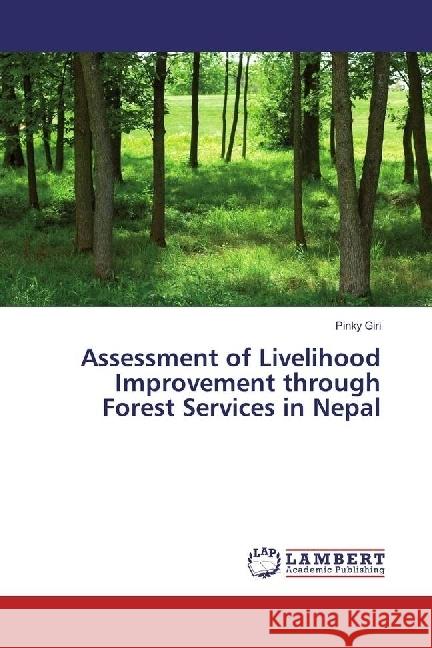Assessment of Livelihood Improvement through Forest Services in Nepal » książka
Assessment of Livelihood Improvement through Forest Services in Nepal
ISBN-13: 9786202050333 / Angielski / Miękka / 2017 / 84 str.
Forests are a form of common pool resource and are crucial for delivering multiple outcomes such as livelihoods, carbon sequestration and biodiversity conservation. The traditional forest management policies and practices failed to improve the deterioration situation of the forests. In order to reduce the deterioration and degradation of forests, the concept of community forestry (CF1) began. In this study both qualitative (Focus group discussion) and quantitative (vegetation and household questionnaire survey) methods were used. From the study, Shantinagar CF1 programme was successful in improving physical, financial and natural assets rather than human and social assets of livelihood. Forest was conserved but lack of scientific management, ignorance to NTFPs and least knowledge about importance of biodiversity maintenance were the technical short comings. The findings of the study indicate that Nepal's community forestry programme offers both opportunities and limitations to achieving sustainable livelihoods of the local people. This book could be useful for those who are interested in forestry and in its working pattern, condition or the situation in Nepal.











